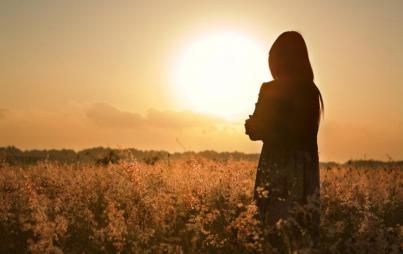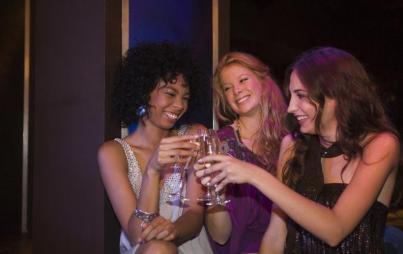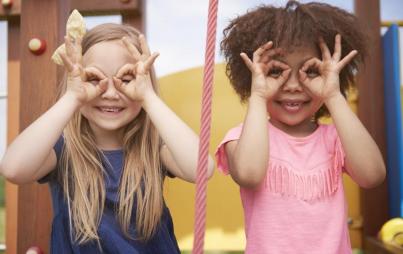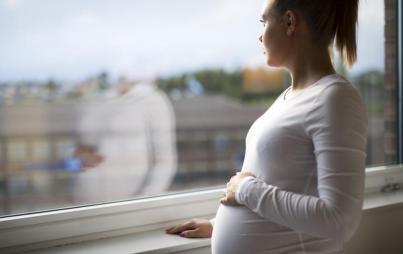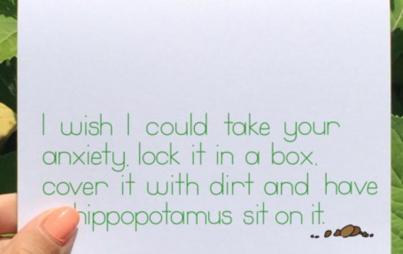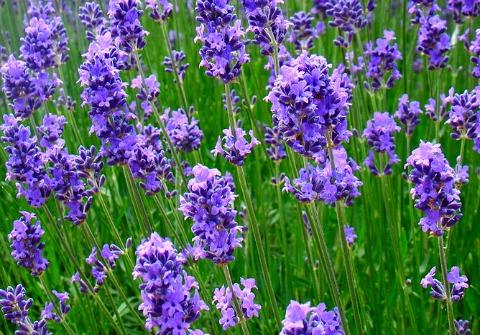
There’s a new craze among the wealthy consumers of China. It's purple, it's fluffy, it's flowery—it's Bobbie Bear! Yes that's right, demand is downright insatiable for a cuddly Australian teddy bear donning traditional Chinese garb, and stuffed with fragrant lavender. As prosperity spreads in China’s growing economy, consumers with cash to burn are buying up luxury goods, purchasing upscale housing, and gobbling up trends that exhibit a Japanese-like level of cuteness. Bobbie Bear just. can’t. lose!
Let’s take a look at Bobbie Bear’s rise to Chinese stardom. In 2007, a former chief executive of a chemicals company, Robert Ravens, and his wife bought a lavender farm in the Australian countryside as their retirement project. When they took it over, the farm already had loads of surplus dried lavender, so the couple developed the idea of putting the lavender into bears to help market the farm to tourists. After placing the bears in a store near Chinatown in Sydney, and receiving attention from a Chinese celebrity who posted a picture of herself with the bear on social media (the glory of the #selfie reigns supreme!) Chinese buyers set their sights on Bobbie with the hunger of a gob-smacked junkie.
Demand began to outstrip the Ravens’ capacity to produce lavender however, and the couple had to take drastic measures to preserve their beloved kitsch: they gradually increased the price of each bear from about $23 to $48.50, ceased stocking stores with the bears during the growing season and were forced to offer only one bear per person. The cold-hearted rationing has been distressing to bear-hungry consumers, and Ravens said their farm—about an hour from the closest airport—has seen “near riot” conditions among the 60,000 visitors in 2013. Chinese buyers reportedly try to evade the restrictions, by buying large numbers of admission tickets that entitle the right to one bear each, or by hiring students to visit the farm multiple times a day. Depraved Bobbie Bear hoarders!
Beyond the celebrity endorsement and cuteness-factor, desire for the bears is largely fueled by the nature of the stuffing. It’s grown pesticide and herbicide free in rural Tasmania, then combined with locally-grown wheat which can be warmed in the microwave to turn Bobbie into a cozy heat pack. This wholesome, healthy quality is greatly appealing to Chinese brethren looking for reliable foreign goods amid China’s notorious—and recurring!— product safety scandals and stark pollution problems. One 28 year-old visiting the Ravens ranch to buy a Bobbie Bear explained that “anything natural from somewhere with blue skies and clean air and water is dreamy for Chinese consumers.”
For his part, Ravens claims he never aimed “to dominate the world of fluffy bears. Our business is lavender. But somehow we’ve tapped the cultural psyche of 30 year-old Chinese ladies.” And that’s an increasingly-lucrative psyche to tap into! Happily, this year’s lavender crop is now ready for harvest, so the Ravens have resumed selling the bears again to some select stores. The Bobbie Bear panic may be quelled for now, but unless some other clever farmer comes up with organic sage bears from pristine New Zealand, throngs of needy Chinese will probably invade Australia again come growing season. Image: commons.wikimedia.org.

